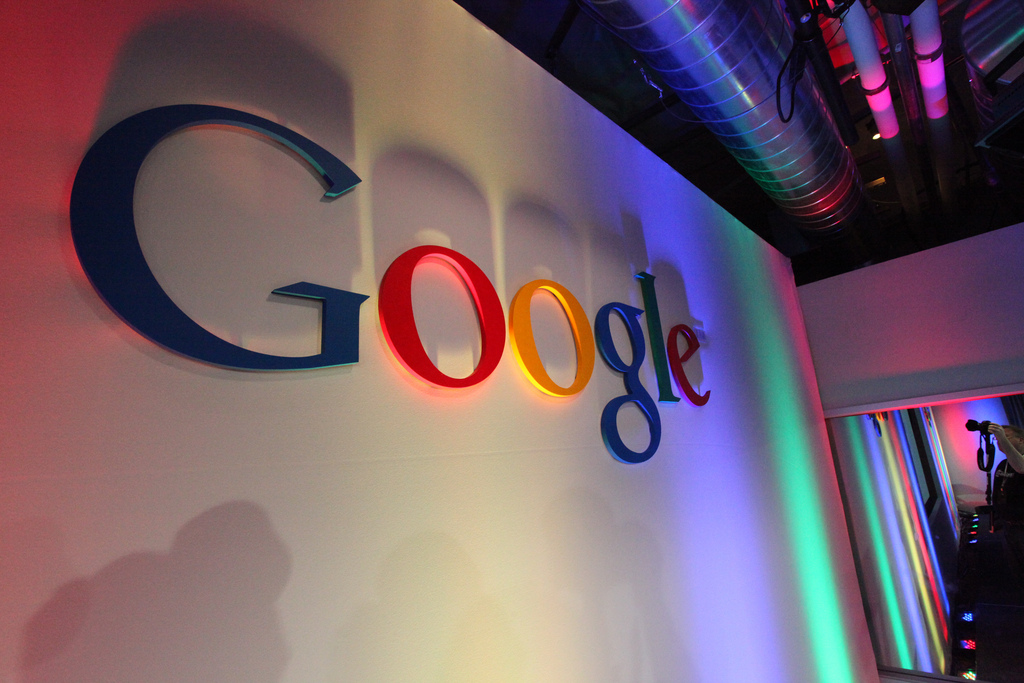 NEWS
NEWS
 NEWS
NEWS
 NEWS
NEWS
Google raised a few eyebrows earlier this week when it finally signed up to Facebook’s Open Compute Project (OCP) initiative, almost five years after it was first launched. Upon joining the effort, Google immediately contributed its first design – a set of specifications for a 48V rack power distribution unit, along with a new form factor that can accommodate OCP racks.
The Open Compute Initiative was launched with the aim of making data center hardware “open-source”. The hardware can’t be given away for free, of course, but tech giants like Facebook, Intel, Rackspace Inc. and others have all donated data center designs to be used by any enterprise as they see fit. The concept is somewhat similar to open-source software, which has helped to popularize Linux in the cloud, and Android on smartphones.
All well and good, but why is that Google, one of tech’s biggest open-source proponents, has only decided to join the initiative now, almost five years after Facebook launched it?
We can only speculate at the answer, but it could well be that some of Google’s senior leaders were initially skeptical about how useful the initiative would be. In an interview with Business Insider last summer, Urs Hölzle, senior vice president of technical infrastructure at Google, praised the project but seemed a little underwhelmed with what it had achieved so far.
“It actually makes a lot of sense because it’s open source for hardware. It’s relatively basic today,” Hölzles said to Business Insider. “It could be the start of something a little bit deeper.”
However, Hölzles also expressed concerns that he didn’t think the OCP was relevant to anyone but the very largest of tech companies.
“I think in the long term it’s less important because most people should not use their own racks even if it’s Open Compute,” he said. “It solves a short-term problem, so for a while it will be relevant because there are a lot of legitimate use cases where you don’t have another choice. In that sense, it competes with the Dells of the world … It will be relevant only for the very, very large companies — for the Facebooks, the Ebays, the Microsofts.”
So if Google is apparently so skeptical about the OCP, could it be that there’s an ulterior motive behind its participation?
Wikibon analyst Stu Miniman seems to think so. During an interview on theCUBE at the start of day two of the OCP Summit 2016, Miniman told host Jeff Frick there’s a lot of debate among analysts as to the real reasons why Google wants in on the OCP.
“This is something we’re debating at the minute,” Miniman said. “Could it be they’re there for talent acquisition? Or is it so that they and Microsoft can stand up and put a little pressure on Amazon, which is the least publicly-involved in open-source among the cloud leaders?”
No doubt Miniman will have to wait a while before he gets the answers he seeks, but given Google’s initial reluctance to embrace OCP, it’s almost certain there’s more to this move than meets the eye.
Support our mission to keep content open and free by engaging with theCUBE community. Join theCUBE’s Alumni Trust Network, where technology leaders connect, share intelligence and create opportunities.
Founded by tech visionaries John Furrier and Dave Vellante, SiliconANGLE Media has built a dynamic ecosystem of industry-leading digital media brands that reach 15+ million elite tech professionals. Our new proprietary theCUBE AI Video Cloud is breaking ground in audience interaction, leveraging theCUBEai.com neural network to help technology companies make data-driven decisions and stay at the forefront of industry conversations.